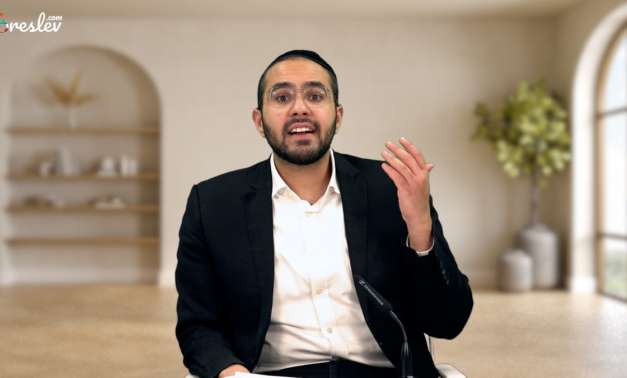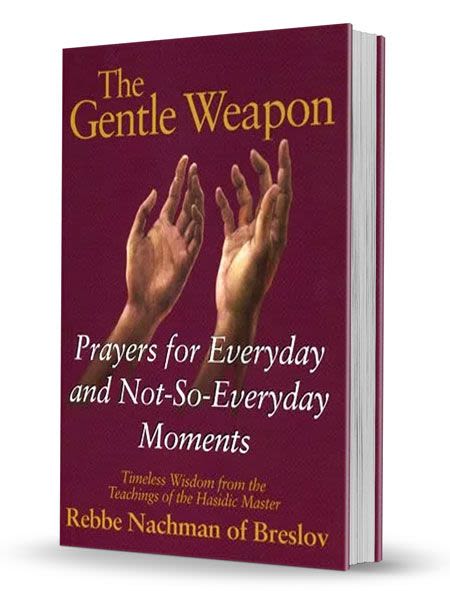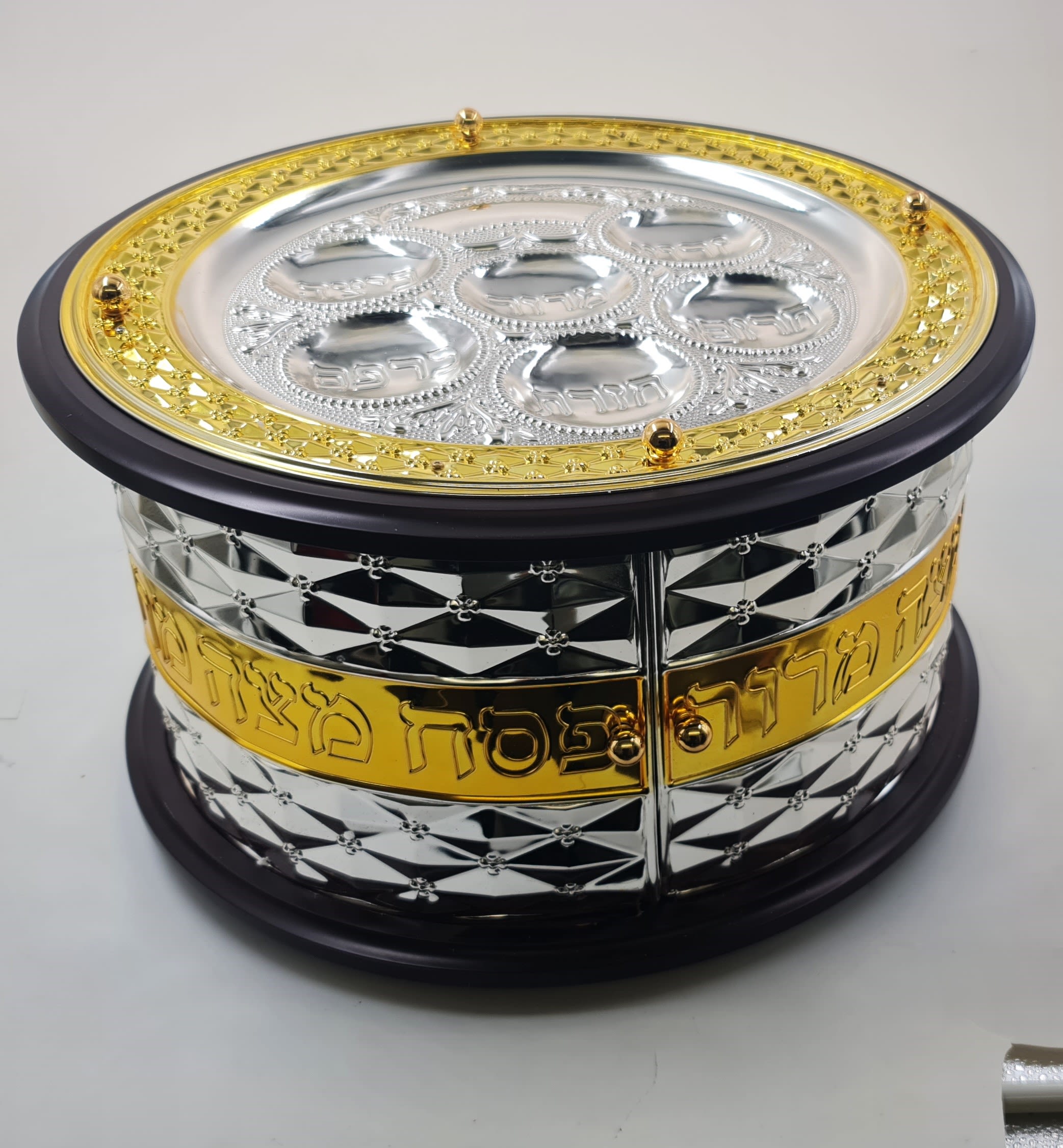
Behaalotcha: Ascent to the World of Miracles
Hashem sometimes puts us in abnormal and unnatural situations to test our faith, and then helps us pass the test with a miracle...

Parshat Behaalotcha
As students of the Torah, we do our best to learn various lessons from the reading of the week. We're not asked to vote which are our favorites and which we don't enjoy so much. Honestly, I don't relish coming back to this Torah portion. A large portion of this week's Torah reading conveys stories concerning the complaining of the Jewish people. They complain about the meat, fish, and other delights they claim that they used to eat in Egypt. They were not happy with the manna, the special food that Hashem rained down from Heaven to provide miraculous sustenance during their travels in the wilderness. Unfortunately the list doesn't end there. After witnessing so many miracles, it's difficult to understand their complaining. But, since all the complaining was included in the Torah, there are obviously lessons for us to gain. Let's try to understanding about a little about the nature of their complaining and what it teaches us about our own lives.
The Talmudic tractate called Avot, or Ethics of our Fathers comments on the attitude of the Jewish people in the desert. "With ten tests (nisyonot in Hebrew) our ancestors tested Hashem in the wilderness" (Avot 5:4). It's interesting to note that our shortcomings, usually referred to as chatayim or sins, are classified here as tests (nisyonot). Surely, some of our complaints could be seen as testing Hashem but others are not so clear. For example, we clearly know that the Golden Calf was a sin of idolatry, so why did our Sages label this failure  as a test?
as a test?
A fascinating answer is provided by the great Maharal from Prague (Rabbi Yehuda Loew, 1517-1609). The Maharal teaches us that the Hebrew word for "test" is nisayon, derived from the root word nais, the Hebrew word for miracle. The Maharal explains that, in general, the nature of a test is to elevate someone from the world of nature to the world of miracle. By this he means that although we are very aware of our limitations, Hashem knows that we can live on a higher plane. For this, He tests us a platform for growth to realize our Divine potential. In short, something which is out of the natural order is called a nisayon.
There is another parallel usage of this word which is relevant to our discussion. The Jewish people left Egypt with the most incredible miracles ever witnessed by mankind. One would imagine that they should have imbibed the lessons of seeing Hashem's wonders and kindness with a clear awareness of His constant and loving providence. Somehow, that message didn't penetrate into their hearts and minds. This callousness was also "unnatural", in a certain way "miraculous", only in a negative way.
Sometimes a person or group can sin, Heaven forbid, and the transgression can be understood as being caused by a number of apparently valid factors. The rationale doesn't justify the shortcoming. Hashem knows we can overcome the challenges He places before us. Even so, the actual mistake is not a reflection of a type of callousness. On the other hand, sometimes our shortcomings fly in the face of simple logic.
The Jewish people, during their sojourn in the wilderness, kept falling short of their lofty task in ways that are difficult to understand. After all the miracles, we would have imagined that they should have been able to overcome the tests, especially in lieu of the constant outpouring of Hashem's love. That is why the Talmud labels the shortcomings of that time not as sins but as miraculous occurrences.
Although the Maharal clearly explains the mistakes of that generation as "not natural", possibly we can suggest these shortcomings as their inability to break away from their slave mentality. Although Hashem was trying to move them from the narrow and limited consciousness of a slave people, they weren't yet able to break with the past. Hence, a constant denial of their new, special mode of existence.
When I first moved to Israel, it was a time of the Intifada. My father, of blessed memory, used to ask me: "What's going to be in Israel?" I used to tell him that if someone was a betting man, it would be worthwhile to put his money on the Jewish people. I would tell him: "I don't know how it's going to happen, and sometimes the going might be rough, but, with Hashem's help, we will continue and be successful."
This wonderful website – Breslev Israel – spends a lot of time and energy producing articles about belief and faith, emuna and bitachon. Undoubtedly we need to constantly work on these qualities. I would like to add a thought on the subject. Sometimes, emuna and bitachon are difficult concepts to live with but other times one just has to read the handwriting on the wall. After two thousand years of exile we are witnessing the miraculous return of world Jewry to the Holy Land. Torah institutions are growing, the economy and technology are developing, and there are many more people aware of Hashem's presence and guiding Hand. Under such circumstances doesn't emuna and bitachon make sense? It's hard to look at the fulfillment of the prophecies of the past and still not believe. Living without emuna and bitachon is "not natural".
Let us open our eyes and hearts to the miracles of history and providence that surround us. When we internalize the wonders being done for us we will transform the test of not seeing Hashem's love and care to a realization of the miraculous in all aspects of our lives.











Tell us what you think!
Thank you for your comment!
It will be published after approval by the Editor.